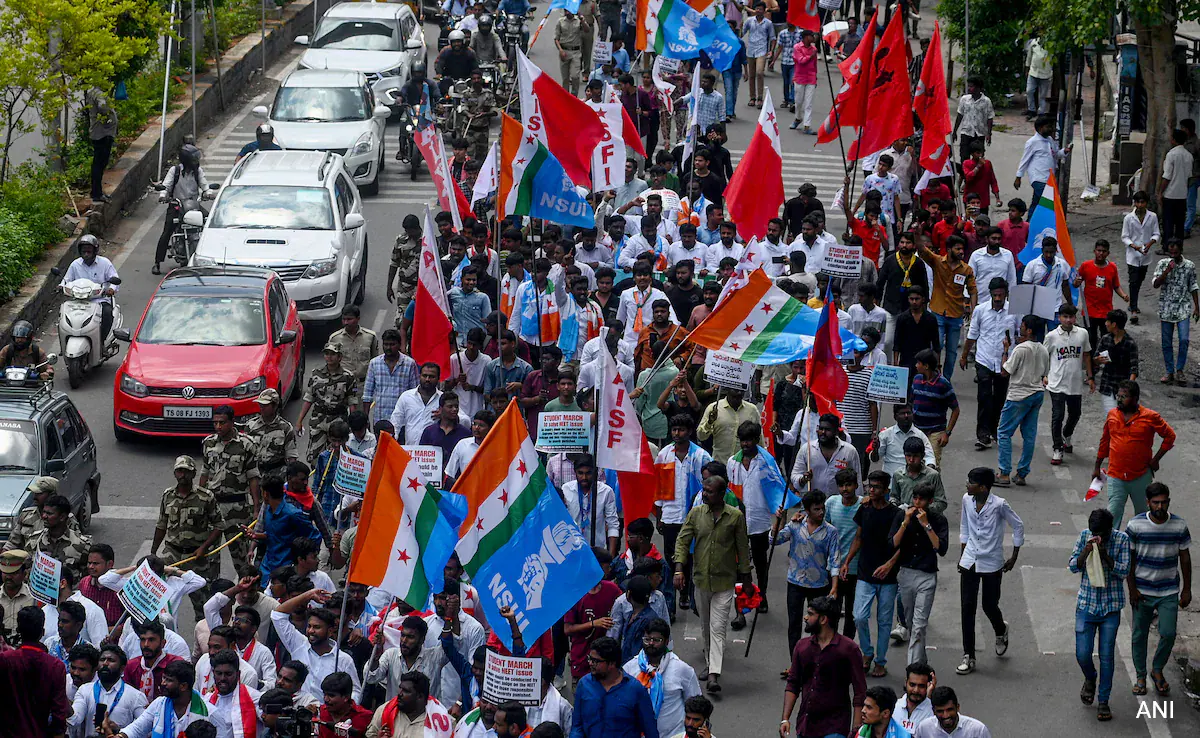The Tamil Nadu Assembly’s recent resolution against the National Eligibility cum Entrance Test (NEET) is rooted in a complex historical and political context. NEET has been a contentious issue in Tamil Nadu since its inception, primarily due to concerns about its impact on students from rural and underprivileged backgrounds. Critics argue that the exam favors those who can afford extensive coaching, thereby disadvantaging students from less privileged sections of society.
The opposition to NEET in Tamil Nadu is not new. The state has a long history of advocating for its students by promoting an education system that emphasizes social justice and inclusivity. The state’s education policy has traditionally focused on providing equitable opportunities for all students, regardless of their socioeconomic status. This ethos is fundamentally at odds with the perceived elitism of NEET, which many believe perpetuates inequality.
Over the years, Tamil Nadu has made several attempts to exempt itself from NEET. These efforts have included legislative measures, legal battles, and appeals to the Central Government. In 2017, the state passed two bills seeking exemption from NEET, but these were not approved by the President of India. The legal landscape has also seen numerous petitions filed in the courts, challenging the constitutionality of NEET and its implementation in Tamil Nadu.
A timeline of key events highlights the sustained opposition to NEET. In 2016, the Supreme Court ruled that NEET would be the sole entrance exam for medical courses across India, which sparked widespread protests in Tamil Nadu. Political leaders from various parties have consistently voiced their concerns, arguing that NEET undermines the state’s education policy. Public protests have been a regular feature, with students, parents, and educators demanding the scrapping of the exam. Discussions in the Tamil Nadu Assembly have repeatedly addressed the issue, culminating in the recent resolution against NEET.
This resolution is the latest chapter in Tamil Nadu’s ongoing struggle to protect its students from what it views as an inequitable and unjust examination system. By urging the Centre to scrap NEET, the Tamil Nadu Assembly aims to uphold the state’s commitment to social justice and equitable education for all its students.
Implications and Future Prospects : Tamil Nadu Assembly
The resolution passed by the Tamil Nadu Assembly urging the central government to scrap the National Eligibility cum Entrance Test (NEET) carries significant implications for multiple stakeholders, with both immediate and long-term effects. For students in Tamil Nadu, this move aims to alleviate the stress and perceived unfairness associated with a centralized examination system. Students from rural backgrounds and those studying under state boards often find NEET challenging, given differences in syllabus and preparation resources. This resolution, if successful, could pave the way for a more inclusive and equitable admission process tailored to the state’s educational framework.
Educational institutions in Tamil Nadu could experience a shift in their admission criteria and processes. The resolution suggests a potential return to admissions based on Class 12 marks or state-level entrance exams, which might better reflect the local education system’s strengths and weaknesses. This change could also impact coaching centers and the ancillary economy built around NEET preparation, necessitating a transition towards alternative preparatory methods.
The relationship between Tamil Nadu and the central government may also be affected by this resolution. The persistent push against NEET underscores the state’s assertion of its educational autonomy and could lead to constitutional debates regarding the balance of power between state and central governance. Legal challenges are likely, as NEET is mandated by central legislation and upheld by the Supreme Court. The resolution might face scrutiny over its alignment with constitutional principles and precedents.
Reactions from various stakeholders are mixed. Political parties within Tamil Nadu largely support the resolution, viewing it as a step towards educational justice and regional autonomy. Educational experts and student organizations have expressed a range of opinions, with some advocating for the resolution as a necessary reform, while others caution against potential drawbacks, such as varying standards of education and assessment.
The future of NEET in Tamil Nadu remains uncertain. The state’s persistent efforts to seek an exemption indicate a long-term commitment to reshaping its medical admission landscape. Whether through continued legislative action, legal battles, or negotiating with the central government, Tamil Nadu’s stance on NEET will likely influence broader discussions on educational policies and federalism in India.





